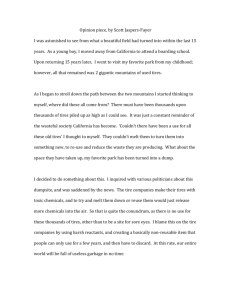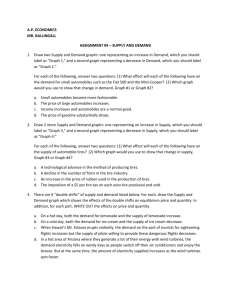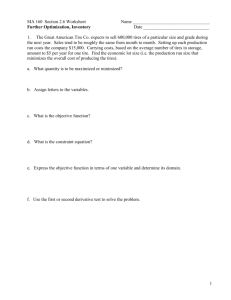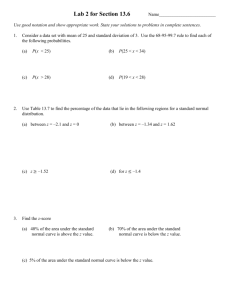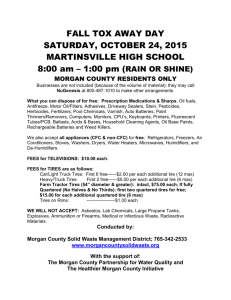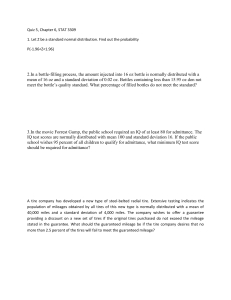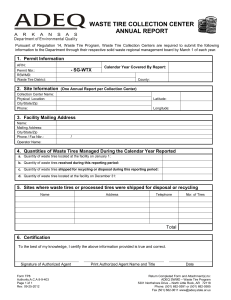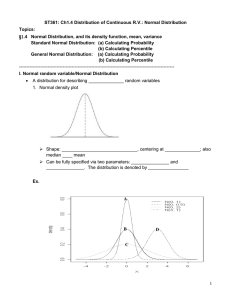AP Economics (Jones)
advertisement
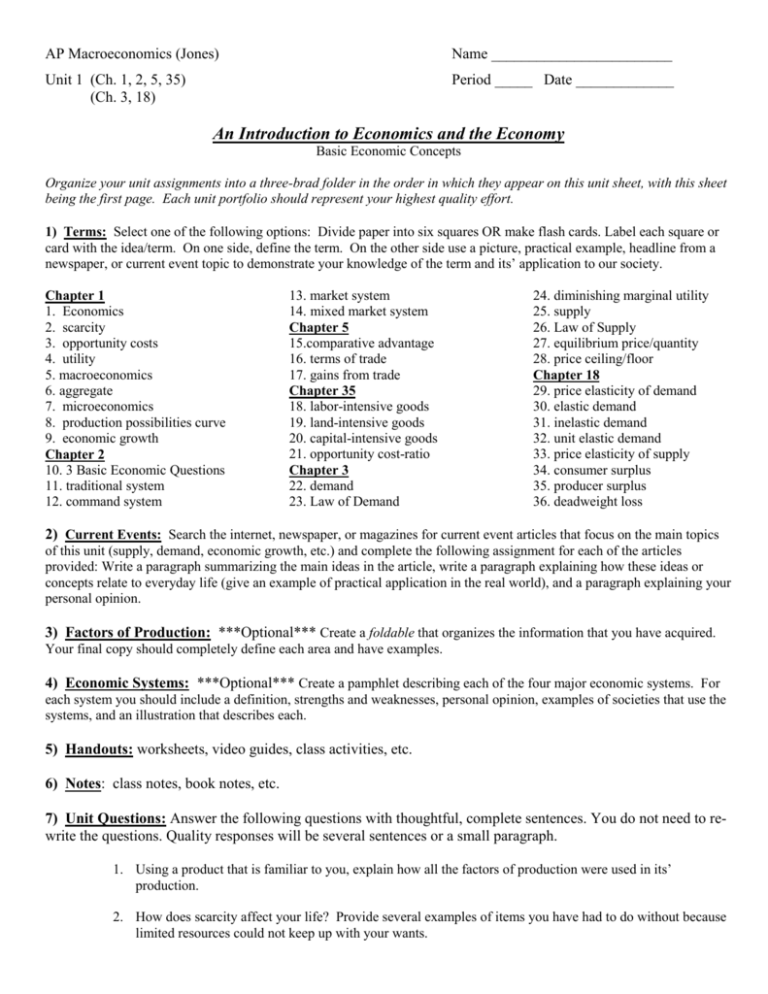
AP Macroeconomics (Jones) Name ________________________ Unit 1 (Ch. 1, 2, 5, 35) (Ch. 3, 18) Period _____ Date _____________ An Introduction to Economics and the Economy Basic Economic Concepts Organize your unit assignments into a three-brad folder in the order in which they appear on this unit sheet, with this sheet being the first page. Each unit portfolio should represent your highest quality effort. 1) Terms: Select one of the following options: Divide paper into six squares OR make flash cards. Label each square or card with the idea/term. On one side, define the term. On the other side use a picture, practical example, headline from a newspaper, or current event topic to demonstrate your knowledge of the term and its’ application to our society. Chapter 1 1. Economics 2. scarcity 3. opportunity costs 4. utility 5. macroeconomics 6. aggregate 7. microeconomics 8. production possibilities curve 9. economic growth Chapter 2 10. 3 Basic Economic Questions 11. traditional system 12. command system 13. market system 14. mixed market system Chapter 5 15.comparative advantage 16. terms of trade 17. gains from trade Chapter 35 18. labor-intensive goods 19. land-intensive goods 20. capital-intensive goods 21. opportunity cost-ratio Chapter 3 22. demand 23. Law of Demand 24. diminishing marginal utility 25. supply 26. Law of Supply 27. equilibrium price/quantity 28. price ceiling/floor Chapter 18 29. price elasticity of demand 30. elastic demand 31. inelastic demand 32. unit elastic demand 33. price elasticity of supply 34. consumer surplus 35. producer surplus 36. deadweight loss 2) Current Events: Search the internet, newspaper, or magazines for current event articles that focus on the main topics of this unit (supply, demand, economic growth, etc.) and complete the following assignment for each of the articles provided: Write a paragraph summarizing the main ideas in the article, write a paragraph explaining how these ideas or concepts relate to everyday life (give an example of practical application in the real world), and a paragraph explaining your personal opinion. 3) Factors of Production: ***Optional*** Create a foldable that organizes the information that you have acquired. Your final copy should completely define each area and have examples. 4) Economic Systems: ***Optional*** Create a pamphlet describing each of the four major economic systems. For each system you should include a definition, strengths and weaknesses, personal opinion, examples of societies that use the systems, and an illustration that describes each. 5) Handouts: worksheets, video guides, class activities, etc. 6) Notes: class notes, book notes, etc. 7) Unit Questions: Answer the following questions with thoughtful, complete sentences. You do not need to rewrite the questions. Quality responses will be several sentences or a small paragraph. 1. Using a product that is familiar to you, explain how all the factors of production were used in its’ production. 2. How does scarcity affect your life? Provide several examples of items you have had to do without because limited resources could not keep up with your wants. 3. Give an example of a supposedly “free” item that you see everyday. Explain why this item is not really free by stating who or what actually pays for it. 4. Explain how (if at all) each of the following affects the location of a country’s production possibilities curve: a. The quality of education increases. b. The number of unemployed workers increases. c. A new technique improves the efficiency of extracting copper from ore. d. A devastating earthquake destroys numerous production facilities. 5. Contrast how a market system and a command system try to cope with economic scarcity? 6. Explain the law of demand. Why does a demand curve slope downward? How is a market demand curve derived from individual demand curves? 7. What effect will each of the following have on the demand for small automobiles such as the Mini Cooper and Smart car? a. Small automobiles become more fashionable. b. The price of large automobiles rises (with the price of small autos remaining the same). c. Income declines and small autos are an inferior good. d. Consumers anticipate the price of small autos will greatly come down in the near future. e. The price of gasoline substantially drops. 8. Explain the law of supply. Why does the supply curve slope upward? How is the market supply curve derived from the supply curves of individual producers? 9. What effect will each of the following have on the supply of automobile tires? a. A technological advance in the methods of producing tires. b. A decline in the number of firms in the tire industry. c. An increase in the price of rubber used in the production of tires. d. The expectation that the equilibrium price of auto tires will be lower in the future than it is currently. e. A decline in the price of large tires used for semi-trucks and earth hauling rigs (w/ no change in the P of auto tires). f. The levying of a per-unit tax in each auto tire sold. g. The granting of a 50-cent-per-unit subsidy for each auto tire produced. 10. What do economists mean when they say that “price floors and ceilings stifle the rationing function of prices and distort resource allocation”?
